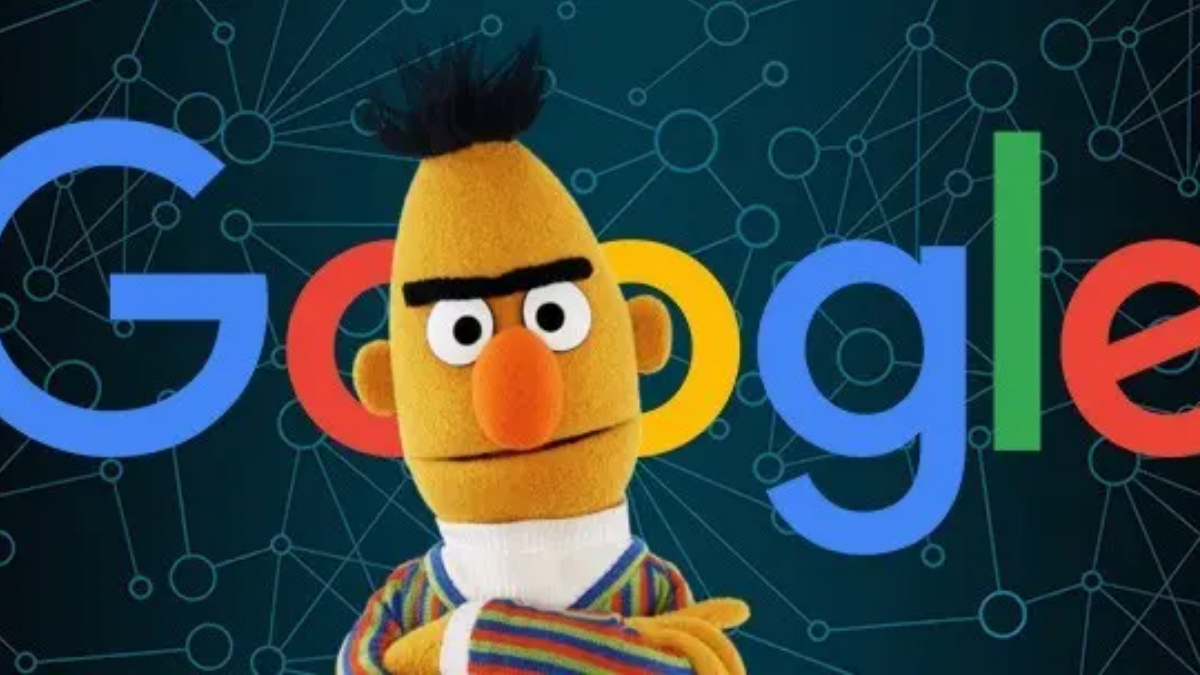Despite the absence of keyword data in Google’s newest campaign type, Performance Max (PMax), some fresh information might assist marketers better direct their efforts with the product.
In contrast to other campaign types, PMax campaigns don’t require keywords and don’t provide keyword data to advertisers. The closest currently available campaign type is the “Smart Shopping” totally automated shopping-only offering, which will be discontinued in July.
Performance Max campaigns can run without a product feed and can also incorporate local ad components, which is a key distinction between the two.
Performance Max matching in search
The implications for existing search ads, many of which have had terms rigorously pruned for best performance, are understandably of interest to many advertisers.
Performance Max campaigns on Google Search will not displace traffic from currently eligible terms that are “similar” to a user’s query, according to several statements made by Google in this regard.
The existing campaign will take precedence over Performance Max campaigns if it has a keyword in any format (broad, phrase, or exact match) that precisely matches the user’s query and is eligible (has a high enough quality score, bid, budget, or AdRank to show).Many advertisers, though, do not agree with it.
What exactly do phrases that “identically match” mean?
An “identical keyword” is what, then? Marvin responded in an unexpected way:
“Identical” denotes the exact same keyword or one that has been correctly spelled. The campaign that is projected to produce the most relevant ad and greatest ROI is prioritised based on Ad Rank when the user query is not exactly matched.
Recapping, the definition of the same term currently is:
1. regardless of the match type (wide, phrase, or exact).
2. is a term used when the search term is the “exact-same” as a keyword used in a campaign by an advertiser.
3. Spelling-corrected search phrases and keywords.
Simply make sure the required “same keyword” is present in your campaigns (in and match type) as long as it is qualified to serve in order to prevent the broad reach of a Performance Max campaign from cannibalising other efforts.
Does this fundamentally violate Google’s recommended actions?
As Google Ads’ matching has gotten looser (and better), paid search advertisers have been moving away from using a large number of variations of search queries for years.
Close variants and more intelligent machine learning have enabled advertisers to succeed more with fewer terms (in most cases).
The wise question arose: Do these recommendations of making sure all identical keywords are in an account go against what Google has been advocating for years now that there must be a “identical keyword” in a campaign?
Other campaigns must now defend their reach by compiling exhaustive lists of all potential identical keywords in order to prevent PMax from syphoning off visitors.
For instance, because the keyword is not “similar” to the search query, an eligible phrase match search query in a campaign like “Nike Shoes” that would typically match to “purchase nike sneakers” may now lose that traffic to a Performance Max campaign.
Nike would need to include the phrase “purchase nike sneakers” in their advertising in order to have a similar keyword in order to prevent PMax from taking that traffic.
Why This Means To You
We are aware that an exact match term does not exactly match a query.
As of right now, we are aware that a “same keyword” is a “match-type less” term that must completely match the user query or be a misspelt version of the original.
In all honesty, explaining this to clients or other departments can be very perplexing. But if you’re conducting PMax campaigns, it’s really important.
You might now find yourself focusing on adding as many iterations and variants as you can to build out “similar keywords” in your search accounts if you are testing out PMax campaigns so that you can protect your other ads. This was probably the case in 2010.
Because PMax doesn’t give keyword data to advertisers, this work can be tedious but fruitful.
If you have a good Google Ads representative, they might be able to help you steer the system in a different direction by adding negative keywords to a Performance Max campaign.
However, advertising efforts for businesses do not have this functionality. You require a unique exception.
Despite the absence of keyword data in Google’s newest campaign type, Performance Max (PMax), some fresh information might assist marketers better direct their efforts with the product.
In contrast to other campaign types, PMax campaigns don’t require keywords and don’t provide keyword data to advertisers. The closest currently available campaign type is the “Smart Shopping” totally automated shopping-only offering, which will be discontinued in July.
Performance Max campaigns can run without a product feed and can also incorporate local ad components, which is a key distinction between the two.
Performance Max matching in search
The implications for existing search ads, many of which have had terms rigorously pruned for best performance, are understandably of interest to many advertisers.
Performance Max campaigns on Google Search will not displace traffic from currently eligible terms that are “similar” to a user’s query, according to several statements made by Google in this regard.
The existing campaign will take precedence over Performance Max campaigns if it has a keyword in any format (broad, phrase, or exact match) that precisely matches the user’s query and is eligible (has a high enough quality score, bid, budget, or AdRank to show).Many advertisers, though, do not agree with it.
What exactly do phrases that “identically match” mean?
An “identical keyword” is what, then? Marvin responded in an unexpected way:
“Identical” denotes the exact same keyword or one that has been correctly spelled. The campaign that is projected to produce the most relevant ad and greatest ROI is prioritised based on Ad Rank when the user query is not exactly matched.
Recapping, the definition of the same term currently is:
1. regardless of the match type (wide, phrase, or exact).
2. is a term used when the search term is the “exact-same” as a keyword used in a campaign by an advertiser.
3. Spelling-corrected search phrases and keywords.
Simply make sure the required “same keyword” is present in your campaigns (in and match type) as long as it is qualified to serve in order to prevent the broad reach of a Performance Max campaign from cannibalising other efforts.
Does this fundamentally violate Google’s recommended actions?
As Google Ads’ matching has gotten looser (and better), paid search advertisers have been moving away from using a large number of variations of search queries for years.
Close variants and more intelligent machine learning have enabled advertisers to succeed more with fewer terms (in most cases).
The wise question arose: Do these recommendations of making sure all identical keywords are in an account go against what Google has been advocating for years now that there must be a “identical keyword” in a campaign?
Other campaigns must now defend their reach by compiling exhaustive lists of all potential identical keywords in order to prevent PMax from syphoning off visitors.
For instance, because the keyword is not “similar” to the search query, an eligible phrase match search query in a campaign like “Nike Shoes” that would typically match to “purchase nike sneakers” may now lose that traffic to a Performance Max campaign.
Nike would need to include the phrase “purchase nike sneakers” in their advertising in order to have a similar keyword in order to prevent PMax from taking that traffic.
Why This Means To You
We are aware that an exact match term does not exactly match a query.
As of right now, we are aware that a “same keyword” is a “match-type less” term that must completely match the user query or be a misspelt version of the original.
In all honesty, explaining this to clients or other departments can be very perplexing. But if you’re conducting PMax campaigns, it’s really important.
You might now find yourself focusing on adding as many iterations and variants as you can to build out “similar keywords” in your search accounts if you are testing out PMax campaigns so that you can protect your other ads. This was probably the case in 2010.
Because PMax doesn’t give keyword data to advertisers, this work can be tedious but fruitful.
If you have a good Google Ads representative, they might be able to help you steer the system in a different direction by adding negative keywords to a Performance Max campaign.
However, advertising efforts for businesses do not have this functionality. You require a unique exception.












